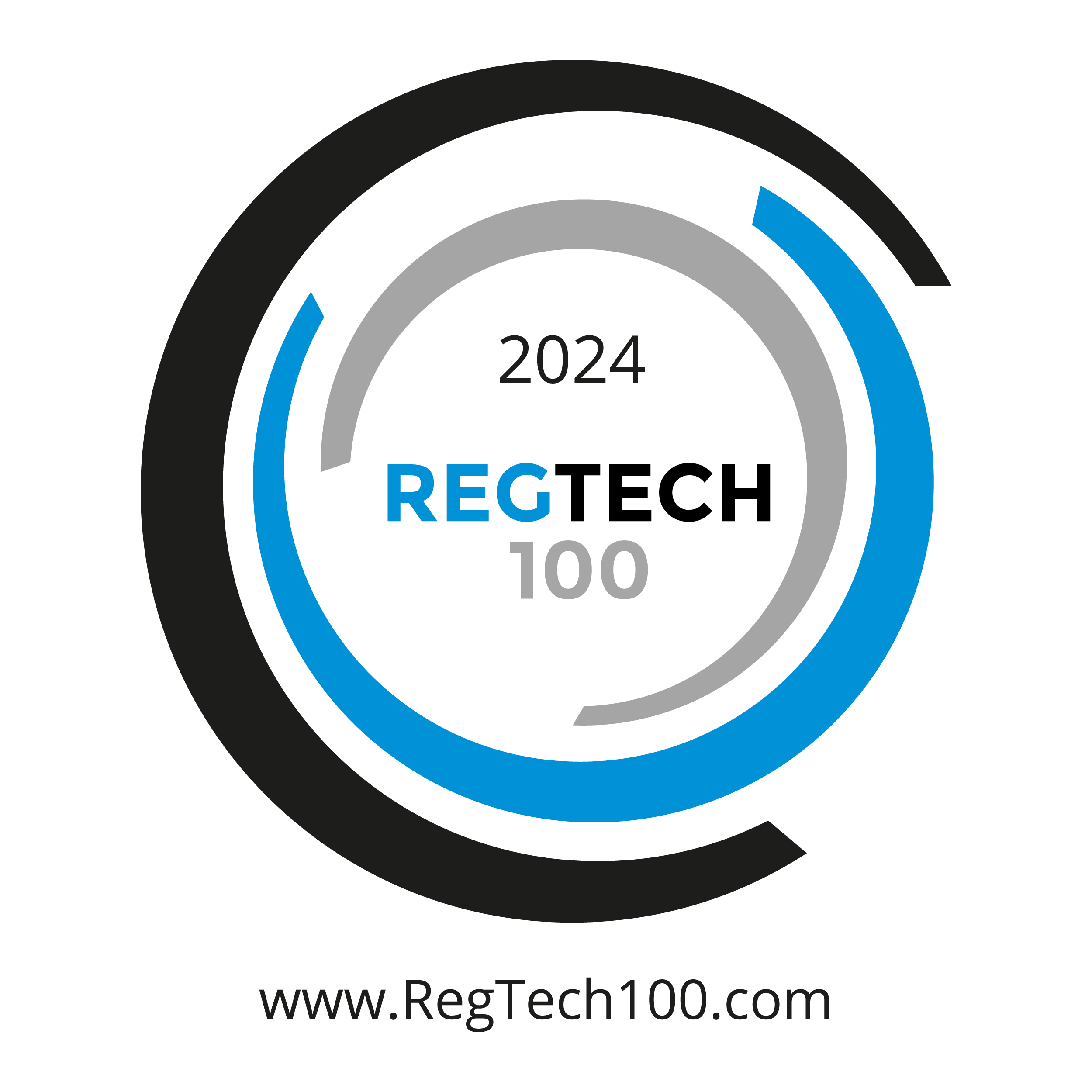Reporting live from SLUSH in Helsinki, it is clear that the Nordics are a dynamic and thriving landscape for business. At the same time, companies face a complex web of regulatory requirements that demand unwavering attention to Know-Your-Customer/-Business (KYC/KYB) compliance. Understanding and adhering to the compliance essentials is not only vital for legal adherence but also for fostering trust and sustainability in the marketplace.

Why KYC/B Compliance Matters in the Nordics
The Nordic countries — Denmark, Finland, Iceland, Norway, and Sweden — boast robust economies and are renowned for their commitment to transparency, ethical practices, and regulatory adherence. This dedication has made the region an attractive hub for international businesses. However, navigating the compliance terrain, particularly regarding KYC and KYB, is indispensable for businesses seeking success in this region where transparency and integrity are key.
Key Compliance Essentials:
1. Customer Due Diligence (CDD)
Nordic regulations mandate robust CDD procedures to verify customer identities, assess risks, and ensure transparency in financial transactions. Implementing thorough identity verification measures is fundamental. This includes thorough identity verification which can also occur remotely using selfie and ID document matching, liveness and biometric checks and where further risk requires, video identification.
2. Anti-Money Laundering (AML) Regulations
Striving for compliance with local and international regulatory frameworks, including AML directives, is essential. Nordic countries have rigorous AML regulations to prevent money laundering, terrorist financing and other financial crime, with standards that vary across industries. Businesses must implement robust measures to conduct thorough customer due diligence and ongoing monitoring to this effect. To do so optimally, seeking out technology solutions that are both adaptable and scalable is vital.
3. Enhanced Due Diligence (EDD)
Following from the idea of adaptability, certain high-risk sectors, jurisdictions and customers necessitate EDD, requiring a deeper analysis of background and potential risks associated with transactions or partnerships. Therefore, essential to KYC and KYB is to have a tool that can take risk-appetite into account when onboarding customers and partners, or during review. This enables businesses to allocate resources effectively and apply enhanced due diligence where necessary based on robust risk assessments and accurate client segmentation.
4. KYB Verification
Apart from KYC, businesses need to conduct KYB checks to understand the entities they engage with. KYB ensures comprehensive due diligence on the businesses themselves, identifying beneficial owners and verifying corporate structures. As imagined, KYB involves a lot more documentation and requires more intricate tools and solutions for effective results. Luckily, solutions for corporate unwrapping are available and can be incorporated into an entity’s due diligence process to avoid unnecessary manual labour.
5. Record Keeping and Ongoing Monitoring
Maintaining meticulous records of customer details, transaction histories, and ID verification documentation is crucial. Nordic compliance mandates require businesses to store this information securely for audit and regulatory purposes. Furthermore, proper record-keeping is the basis for periodic review and continuous monitoring of customer behavior and business activities. Implementing systems that trigger alerts for suspicious activities and regulatory changes to mitigate risks promptly and assists the compliance officer in their day-to-day activities.
Navigating KYC Complexities with Expertise
In the Nordic compliance landscape, KYC, KYB, and CDD are interconnected elements that collectively fortify a business’s integrity. While KYC focuses on individual customer verification, KYB encompasses understanding business entities, and CDD strengthens the verification and risk assessment processes for both.
Complying with these essentials can be intricate and demanding. Luckily, collaboration with compliance experts and leveraging advanced KYC/B software can streamline processes, ensuring accurate and efficient compliance.
Staying Ahead Through Continuous Adaptation
Regulatory frameworks are ever-evolving. Staying proactive and adaptable is crucial for businesses in the Nordics. Continuous monitoring, regular updates, and proactive adjustments to compliance strategies ensure sustained adherence to changing norms. This becomes easiest to achieve when the solutions invested in allow for flexibility and customization. For example, a solution that includes a drag-and-drop workflow editor, like Sancus, makes it easy to make micro adjustments to customer journeys and onboarding flows as necessary — whether due to regulatory changes or otherwise.
Bottom Line?
Currently in Helsinki for SLUSH 2023, it is clear that the Nordic region offers immense opportunities for businesses. However, these opportunities come with stringent compliance requirements. Navigating the regulatory landscape demands an intricate understanding of compliance essentials. Embracing compliance not only ensures legal adherence but also builds trust among stakeholders and customers, fostering long-term success and sustainability in this vibrant market.
At norbloc, we understand the complexities of KYC/KYB compliance in the Nordics. Our commitment lies in providing tailored solutions and expert guidance to assist businesses in meeting their compliance obligations seamlessly, ensuring they thrive in this dynamic and promising region.
For companies aiming to establish a stronghold in the Nordics, prioritizing KYC/KYB compliance isn’t just a choice; it’s a strategic imperative. Find out more about norbloc and how we can help you.





